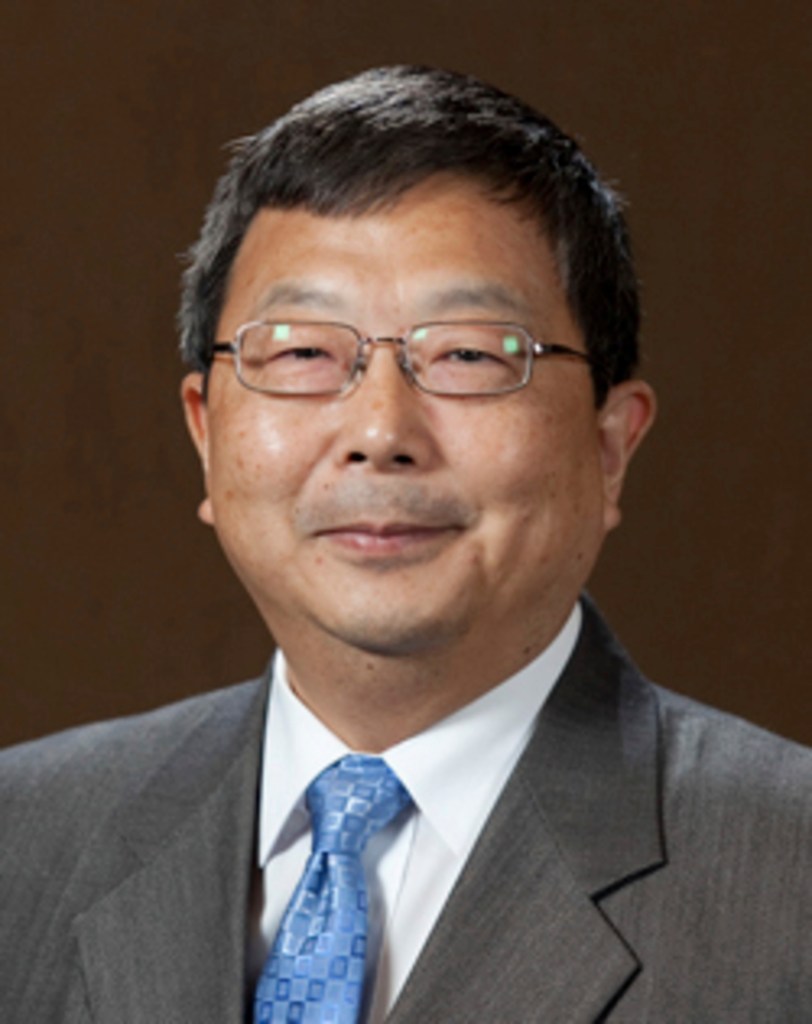WKU president sees Confucius Institute as positive despite controversies
Published 4:41 pm Saturday, September 10, 2016

- Wei-Ping Pan
When Western Kentucky University President Gary Ransdell retires next year, he’ll close a chapter of the university’s 110-year history that he helped create: pivoting from a regional university to one with broader national and international horizons.
One of the biggest milestones on that journey was acquiring Kentucky’s first Confucius Institute. It’s one of many similar university-based institutes funded by the Chinese Ministry of Education to promote Chinese language and culture education around the world.
Trending
WKU’s Confucius Institute places Chinese teachers in K-12 schools throughout the state. This year, the institute will have a presence in 43 schools, 20 school districts and reach more than 15,000 students.
In an interview with the newspaper in July, Ransdell said that reach creates “a pretty profound impact that we’re not having to finance. … How terrific is that for elementary and middle and high school kids … to begin learning some Chinese language skills, particularly given the importance of China in the global landscape for their generation. That’s the real value of it.”
WKU next’s president will undoubtedly bring many changes to the university, but Ransdell wants to ensure the Confucius Institute remains a part of it.
“I’m confident my successor will have no problem sustaining that strong relationship (for) many years in the future,” he said.
“There’s nothing that we know of with the Chinese education ministry and Hanban that suggests any scaling back of their commitment,” he said. “So as long as they’re willing to fund us, we’re willing to provide these services.”
Hanban also takes that commitment seriously. Wei-Ping Pan, an assistant to the president on China and WKU’s Sumpter Emeritus Professor of Chemistry, said that commitment involved more than $5 million last year, including support for teacher salaries, a new building on campus, equipment and annual budgets.
Trending
However, others have been critical of the role Confucius Institutes play on college campuses.
In 2014, the University of Chicago and Pennsylvania State University cut ties with their institutes following faculty concerns about academic freedom and that the institutes were merely tools for Chinese propaganda.
Ransdell said the problem at those two universities was that the Confucius Institute became too involved in curriculum. That hasn’t been a problem for WKU, he said.
“Hanban has never in our association with the CI tried to dictate or suggest or in any way affect how (WKU implements) the academic program here,” he said.
“The issue on a very few campuses has been shaped by an over-engagement of the CI in the curriculum and that – in my opinion – is a mistake. You don’t want another government involved in your curriculum. You don’t want it to be an academic program.”
Ransdell also rejected critics’ claims that institutes are merely “soft power” propaganda tools.
“That sounds like a Cold War term to me,” he said, adding that children today need language and culture skills to confidently engage with the China of tomorrow.
“We’re trying to help our children learn a new language and a language that is already becoming a world language,” he said.
Pan agreed. From its beginning, WKU’s Confucius Institute set out to be a program serving students and faculty. He’s most proud of the institute’s K-12 program.
“I’m very proud we have so many students that have the opportunity to learn Chinese,” he said, adding limited school budgets create a barrier to language acquisition.
Religious studies professor Jeffrey Samuels agreed that WKU’s Confucius Institute differs from those at the University of Chicago or Penn State.
“It’s really about … language education at primary and secondary level,” he said. “There’s less of the programmatic concerns.”
However, there are lingering concerns about the way Chinese culture and language are taught to primary and secondary students through the university.
“They’re not just language teachers. They’re also cultural ambassadors,” he said. And as ambassadors, there are rules they must follow, Samuels said. When one of his students was working on a thesis about the institute’s teachers, Samuels learned there are certain taboo subjects teachers can’t discuss.
“They can’t talk about Tiananmen Square. They can talk about Tibet,” he said. “Is that a good thing or a bad thing?”
Although the Confucius Institute could be compared to other nation’s organizations, such as the U.S. Peace Corps, Samuels said the arrangement could be fraught with conflicting values between the institution and the Chinese government. Whereas American universities hold academic freedom as sacrosanct, the Chinese government doesn’t, he said.
“When it’s set at the university, then you wonder ‘What are we giving up?’ ” he said.
Samuels recalls trying to get a Tibetan monk to showcase how Tibetan Buddhists dance and the ideas behind it as a religious practice.
“The Confucius Institute couldn’t support that,” he said.
Faculty have mixed perceptions about WKU’s institute, Samuels said. There’s still concern about a contract between WKU and Hanban stipulating that the Confucius Institute have “free and exclusive” use of a new building on campus for 50 years, he said.
The controversy on campus was fueled by University Senate and Student Government resolutions that were critical of the way the contract was negotiated by Ransdell.
Ransdell was criticized for not reviewing the terms of the contract with legal counsel. Ransdell defended that move, contending legal counsel can’t review every contract because there are so many.
In an interview with the Daily News, Ransdell also responded to an incident that happened while two WKU professors were in a teacher-training workshop in China. During the workshop, one professor’s flash drive containing her intellectual property was taken without her permission. The professor later learned it had been loaded with malware, and the incident also prompted an inquiry from the FBI, according to documents provided to the newspaper.
“The first fundamental rule in international travel, whether it’s China, France, Ecuador, it just doesn’t matter, is you never take anything with you that needs to be protected, and if you do you, never let it out of your possession,” Ransdell said.
“It was a difficult lesson for them, and I hate it for them,” he said, adding the intellectual property was the professor’s notes and slides – not a university patent or scientific research.
The FBI couldn’t do much more than caution the professor to be more careful in the future, he said.
“Not every country is as transparent and protective of human rights and human possessions as we are,” Ransdell said. “It’s a complex globe. The more we understand it, the better we can engage it.”
— Follow education reporter Aaron Mudd on Twitter @BGDN_edbeat or visit bgdailynews.com.






